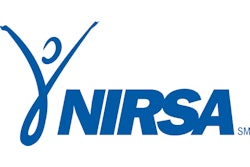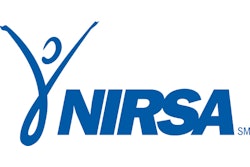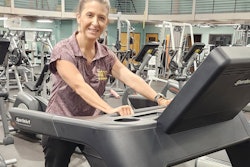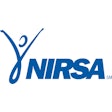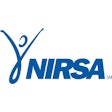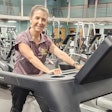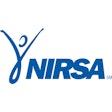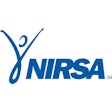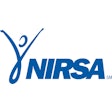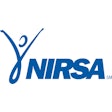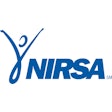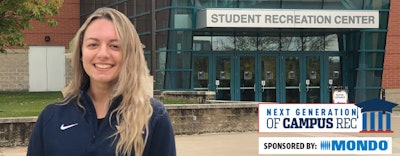
As a kid, my dream was to work with professional athletes. While I was looking for ways to get involved with sports in college, my dad constantly encouraged me to apply to work for campus recreation. He had worked in campus rec while in college and explained to me that his position at the recreation center taught him valuable transferable skills that any college student could benefit from, regardless of major. Above all, he raved about the people he met and interacted with on a daily basis.
The summer before I started at West Virginia University, I participated in an Adventure West Virginia first-year student camping trip. The student leaders on the trip were amazing and had so much passion for the program. My experience reiterated what my dad had been saying, so I applied to work at the Student Recreation Center as soon as I got back.
The following April, I was hired as an operations attendant — a customer service position within the department that monitors the front desk and fitness floors. The spring semester of my sophomore year, I was promoted to an operations supervisor, responsible for overseeing the day-to-day operations of the center and on-shift personnel. I now serve as the program assistant for operations, assisting with the administrative oversight of the Operations and Member Services program areas.
During my time with campus recreation at WVU, I have learned so much — not only about the collegiate recreation industry, but also about myself. I believe that we are in the business of helping people become the best versions of themselves. By providing a space on campus for individuals to feel welcome and included, I have seen firsthand the impact we can have.
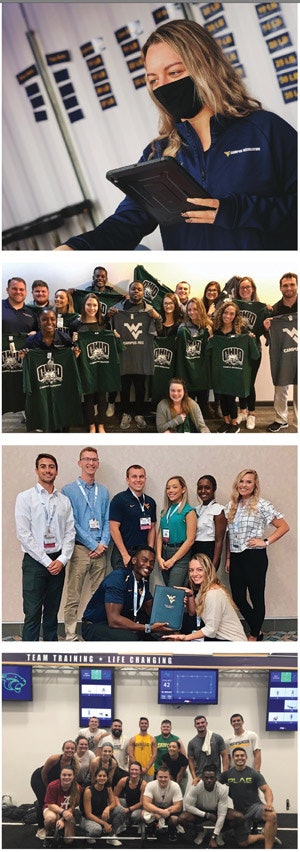
To that aim, when I became an operations supervisor, I spent a lot of time observing and learning from veteran supervisors. I wanted to truly understand not only what we did but why we did it, so that I could effectively and efficiently lead my team. I asked questions about everything from policies and procedures to how to manage interpersonal conflicts and maintain a positive work environment. Operations supervisors take a personal strengths assessment through Gallup called Clifton Strengths. Learning about my top five strengths (Discipline, Restorative, Positivity, Futuristic and Input) and leveraging them through my work with campus recreation has provided valuable insights into the type of leader I am and want to be.
Through my experience as an operations supervisor, I learned that I am a task-oriented person. I must get out of my comfort zone and try new things. To do that, I try to do things that make me uncomfortable. For example, I attended my very first NIRSA Region II Conference in October 2019 in Chattanooga, Tenn. I was hesitant at first to go out of state to try something I did not know much about. However, my coworkers and professional supervisors pushed me to get involved and explained the benefits of the association. I trusted them enough to put myself out there and take the risk. I learned so much about operations, teamwork, professionalism and NIRSA as a whole.
Overall, I am so thankful for everything that I have learned and experienced during my time as a student employee within campus recreation. It has taught me so much and even led me to pursue a graduate assistantship and career within collegiate recreation.
I believe that wellbeing is the most important thing to promote on our campuses and should always be a top priority. As higher education professionals, it should be our goal to continually evaluate the needs of our campus populations to ensure that our programs and services adequately meet those needs — whatever they may be. From trending technology to innovative programming and new ideas, we should always be looking for the next best thing in order to ensure that students are staying active and involved.
Recreation centers are the epicenter of health and wellbeing on college campuses, and they provide opportunities for students, faculty and staff to pursue and reach their wellness goals.
This article originally appeared in the July|August 2021 issue of Athletic Business with the title "Rec work pushes students beyond their comfort zone." Athletic Business is a free magazine for professionals in the athletic, fitness and recreation industry. Click here to subscribe.


















